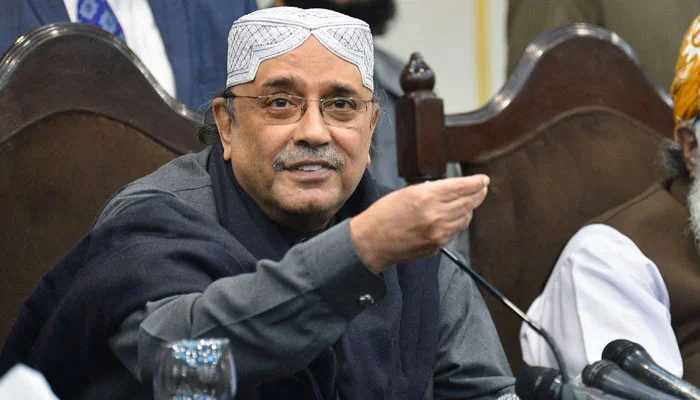With Pakistan’s general elections on the horizon, the nation’s media is transforming into an expansive battleground where information, transparency, and dialogue play defining roles.
In today’s Pakistan, media organizations are not merely observers; they have become key players in the democratic process. The responsibility borne by newspapers, television networks, and digital platforms is enormous as they work to enable a fair and accurate reflection of the electorate’s voice.
“This election season, the power of the media will be more crucial than ever in shaping and informing public opinion,” says Ayesha Rizwan, a political correspondent for a leading media network. “Our role in guiding voters through the complexities of this election cannot be underestimated.”
Media outlets are charting in-depth coverage that involves rigorous scrutiny of political manifestos, candidate declarations, and the stark realities behind political promises. By adhering to the highest standards of journalism, they aim to keep the electoral process honest and hold power to account.
In light of debates surrounding media freedom, outlets are striving to assert their independence — a move that is heralded by advocates of democracy far and wide. The diversity of opinion, investigative reporting, and fact-checking are all part of this concerted effort to combat fake news and propaganda, which have marred previous elections.
The Election Commission of Pakistan has recognized the imperative role of media, urging all platforms to collaborate in the prevention of electoral malpractice and misinformation. The commission is facilitating this by providing training on electoral laws and regulations, enabling journalists to better navigate the complex legal landscape during elections.
Amid these efforts, the digital divide remains a challenge. To bridge this gap, media organizations are employing innovative strategies to reach voters across Pakistan’s multifarious social strata, using vernacular media and community radio channels to engage local populations and ensure inclusivity.
Analysts note that in addition to comprehensive election coverage, media’s focus on voter education and the electoral process’s importance will play a decisive role in turnout, especially among young voters and women — demographics that have historically exhibited lower participation rates.
“We are keen on ensuring that citizens are well-informed and ready to vote with confidence,” Rizwan adds. “This means not just presenting facts but also educating the public on the importance of each ballot cast.”
In a climate of heightened political sensitivities, the media’s resolve to maintain impartiality while aggressively pursuing the truth sets the stage for what could be one of the most closely watched election cycles in Pakistan’s history.
As political parties and candidates ramp up their campaigns, all eyes will be on the nation’s journalists and news organizations as they undertake the monumental task of guiding Pakistan through a period of potential change — and do so with unwavering commitment to the tenets of transparency, accuracy, and fairness.
– Muhammad Fazil
PNP Election Cell
This post has been submitted by one of our interns. PNP Internship Program is an exciting career opportunity for Pakistani university students to get hands-on valuable experience required in national and international job market.
In order to ensure transparency, accuracy and accountability to our readership, please report whenever any error found or need to clarify /correct the post.



